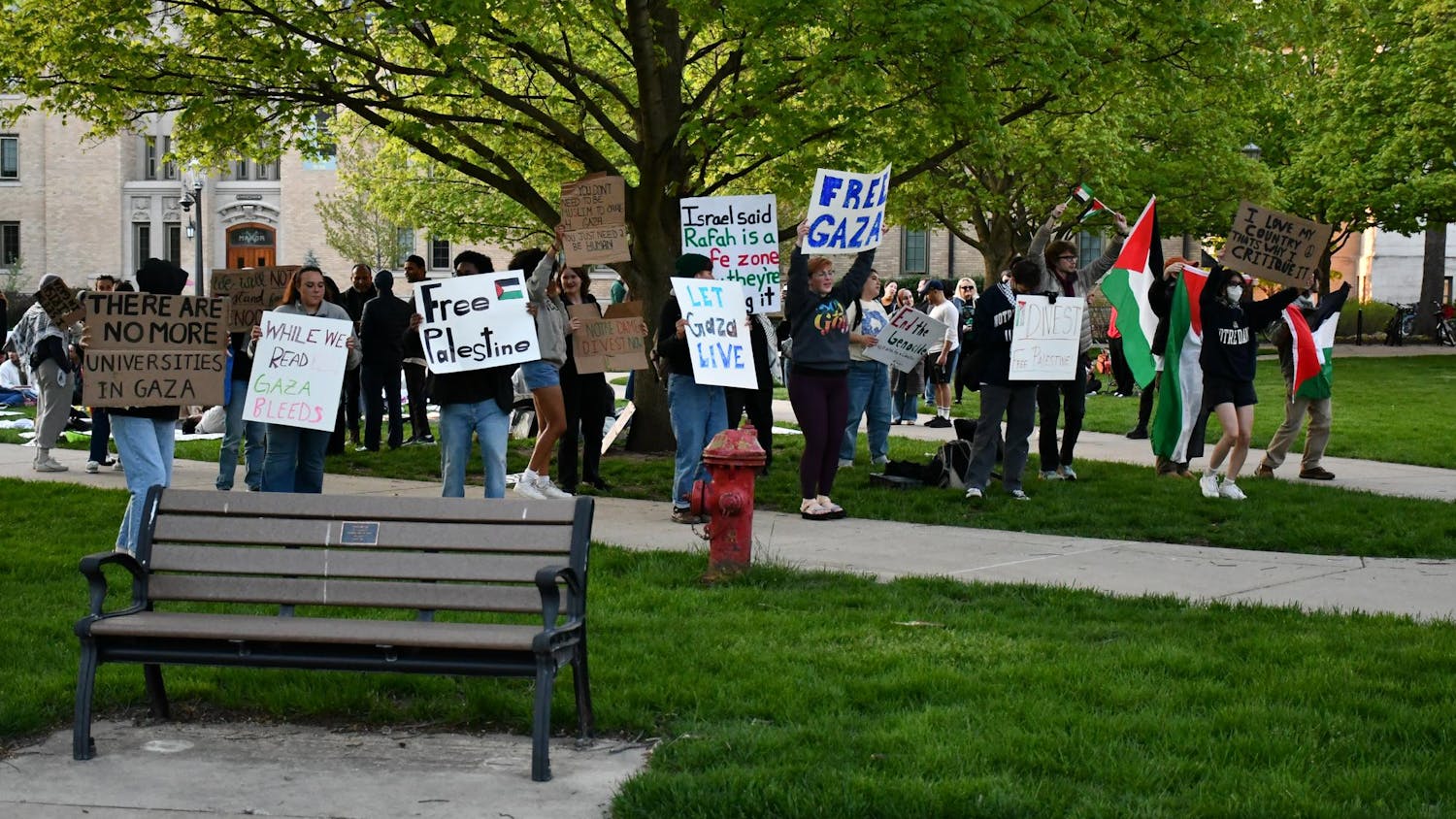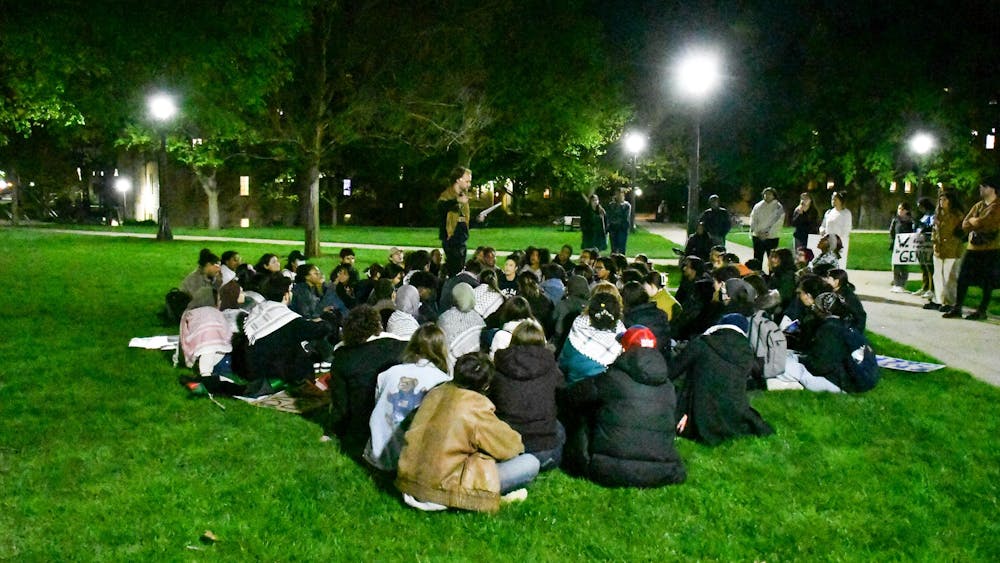A 74-year-old socialist just won the New Hampshire primary. This seems nearly impossible to fathom. A man who identifies with ideas that oppose the very economic system that this great nation was built upon has somehow won one of the most significant primary races in the election cycle. With this said, socialism isn’t even Bernie Sanders’ most disheartening feature. In fact, the biggest threat Bernie brings to undermining America isn’t found in something he identifies with but rather something he doesn’t identify with: a religion.
When people talk about Bernie Sanders they often emphasize his radical economic ideas, down to earth personality and strong Brooklyn accent. Bernie’s religion never seems to be spoken of. The truth is Sanders doesn’t belong to a religion. While Bernie has often described himself as “culturally Jewish,” he admitted to the Washington Post late last month that he “isn’t actively involved with organized religion.” Bernie may have claimed in a New Hampshire town hall last week that he possesses “very strong religious and spiritual feelings,” but these sentiments seem to be of little substance. In a recent interview with the Washington Post Sanders said, “I think everyone believes in God in their own ways. To me, it means that all of us are connected, all of life is connected, and that we are all tied together.” What does that even mean?
Bernie Sanders is a rarity. It is nearly unheard of for anyone to succeed in national politics without identifying with some sect of Christianity. The only non-Christian president America has ever had was Thomas Jefferson. Even still, Jefferson believed in God and many aspects of Christianity. However, Jefferson couldn’t be categorized as an orthodox Christian based on certain disbeliefs he had regarding Jesus’ divinity. While some people attempt to argue that Abraham Lincoln wasn’t a Christian because he never officially joined a church, Lincoln himself professed faith in the Christian scriptures on several occasions. The faith of all other 41 presidents are practically never brought into question. They were all Christian. America was built on Judeo-Christian values and the people have consequently continued to elect Christian leaders to maintain such a principled foundation.
The separation of church and state is vital. However, the separation of church and state does not entail eliminating religious influences. America is a Christian nation. Approximately 70 percent of the United States’ population identify as Christian. America’s democratic principles and promotion of equality and opportunity stem from a Judeo-Christian value system. We have the motto “In God We Trust” written over our currency. We profess to be “one nation under God” in our pledge of allegiance. Many governmental meetings begin with prayer. While the government cannot support the establishment of a religion or prohibit one from exercising their respective religion freely, the first amendment does not declare the United States a godless nation.
Throughout America’s history, the nation has been guided by a Judeo-Christian ethic. This guiding ethic has influenced the people we elect and laws we make. The guidance that such an ethic has brought has aided in America’s success and power to do good in the world. This is not to say that the nation has not made major mistakes or imposed terrible injustices throughout its history, but it is to say that one should not be quick to discount the immense good that America has done. One should also be careful not to ignore the importance such a fundamental value system has had on the ideals and goodness that America projects.
The election of a nonreligious president would not destroy America. However, it would fundamentally change the essence of America. The United States would begin to lose its true identity, as a nation grounded in Judeo-Christian values. America’s exceptionalism is rooted in its religious influences. Drifting away from such influences will deliver a blow to the true greatness of America.
Bernie Sanders has a relatively minute chance of being the Democratic nominee for president, let alone the president of the United States. However, the senator’s rise in popularity and recent primary success indicates that many venerate him. This suggests that it is plausible in the near future for a person similar to Sanders to be elected president. This is a rather frightening thought. It is frightening in the sense that the economic structure upon which our nation was birthed would be radically altered. However, it is even more frightening in the sense that the very underpinning of our nation, our religious influences and values, would begin on a course towards oblivion.













